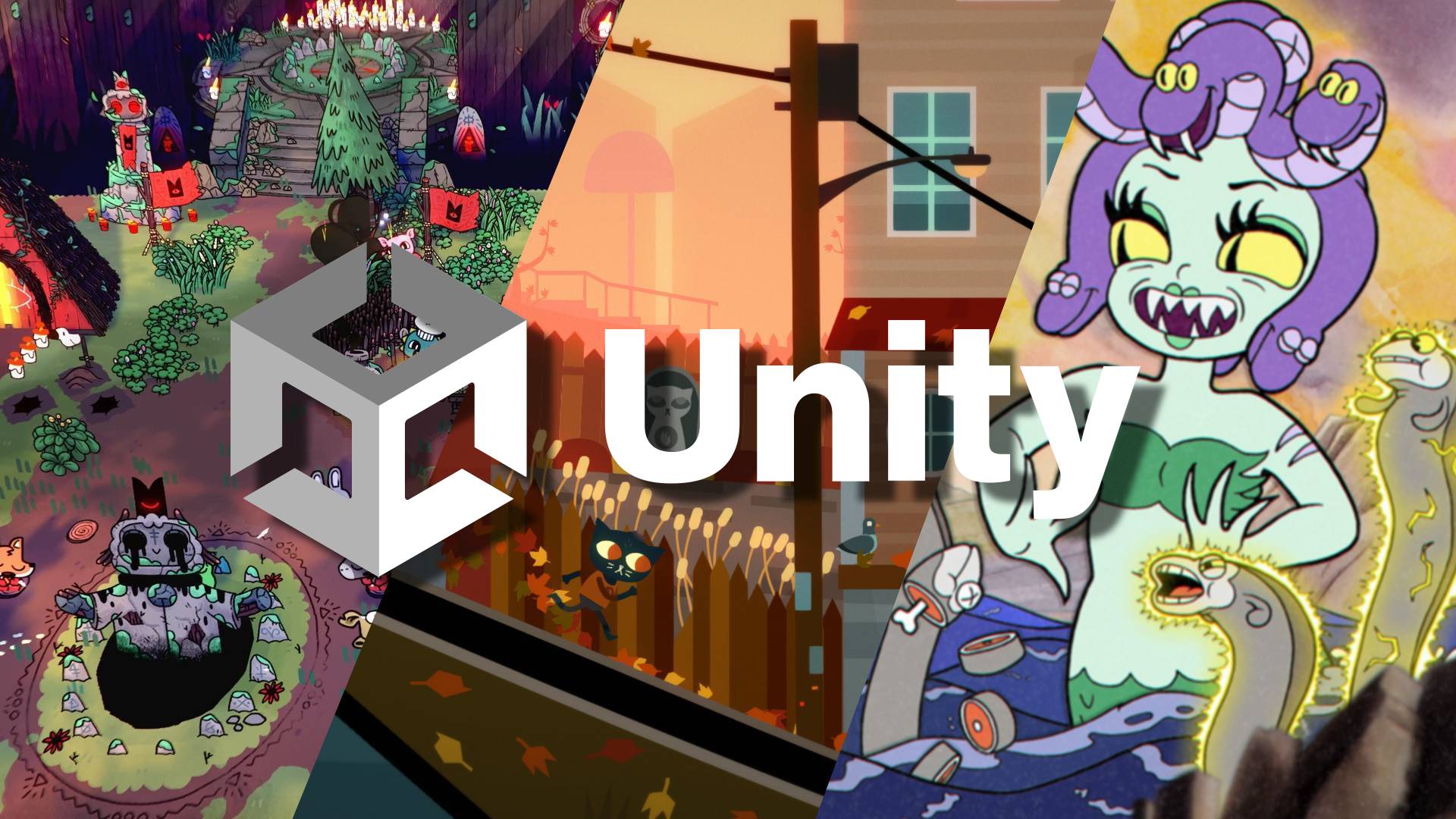Unity confirms 265 job cuts as part of ‘reset’ for the company
Unity is terminating its services agreement with Weta FX

Sign up for breaking news, reviews, opinion, top tech deals, and more.
You are now subscribed
Your newsletter sign-up was successful
Unity has confirmed that it’s laying off 265 employees in what’s been described as a company “reset.”
Reported by Reuters, Unity is terminating the ‘professional services’ section of an agreement with visual effects company Wētā FX, which was co-founded by Peter Jackson and previously produced the visual effects for movies such as Avatar and its sequel, as well as The Lord of the Rings trilogy. Unity bought its engineering and technology division in 2021 for $1.6 billion (£1.2 billion), the BBC reported at the time. Now, the employees whose roles relate to this agreement will be losing their jobs, cutting Unity’s workforce by 3.8% (from roughly 7,000 employees).
Sadly, job cuts at Unity have been on the cards for a few weeks now. In the company’s Q3 shareholder letter, which was published on November 9, interim CEO Jim Whitehurst said that Unity is “not executing to our full potential.” He said: “We aim to address these opportunities to emerge as a leaner, more agile, and faster growing company.”
The same letter revealed that the company had begun a “comprehensive assessment” of its product portfolio which would also evaluate “the right cost structure that aligns with the more focused portfolio.” It said that it plans to “complete all interventions” by the end of Q1 2024, which will “likely include discontinuing certain product offerings, reducing our workforce, and reducing our office footprint.”
Linking into this, in the latest announcement, it was also confirmed that Unity is shutting down offices in 14 locations. Furthermore, employees will no longer be required to work in an office three days a week.
Whitehurst also told Reuters that more changes are on the way in order to “refocus” Unity’s business. He added: "While no additions have been finalized, it's clear that we will reduce the number of things we are doing overall.”
This year, Unity also announced its controversial runtime fee, which initially would have seen developers hit with an extra fee per install on all games made in Unity once they passed certain income and download thresholds. Unity received significant backlash for this, and later announced some changes which now mean that the fee will only affect games made using the 2024 Long-Term Support, and only for developers using Unity Pro and Enterprise.
Sign up for breaking news, reviews, opinion, top tech deals, and more.
Find some fantastic new game recommendations with our lists of the best indie games, as well as the best indie horror games if you’re looking for something spooky.

Catherine is a News Writer for TechRadar Gaming. Armed with a journalism degree from The University of Sheffield, she was sucked into the games media industry after spending far too much time on her university newspaper writing about Pokémon and cool indie games, and realising that was a very cool job, actually. She previously spent 19 months working at GAMINGbible as a full-time journalist. She loves all things Nintendo, and will never stop talking about Xenoblade Chronicles.